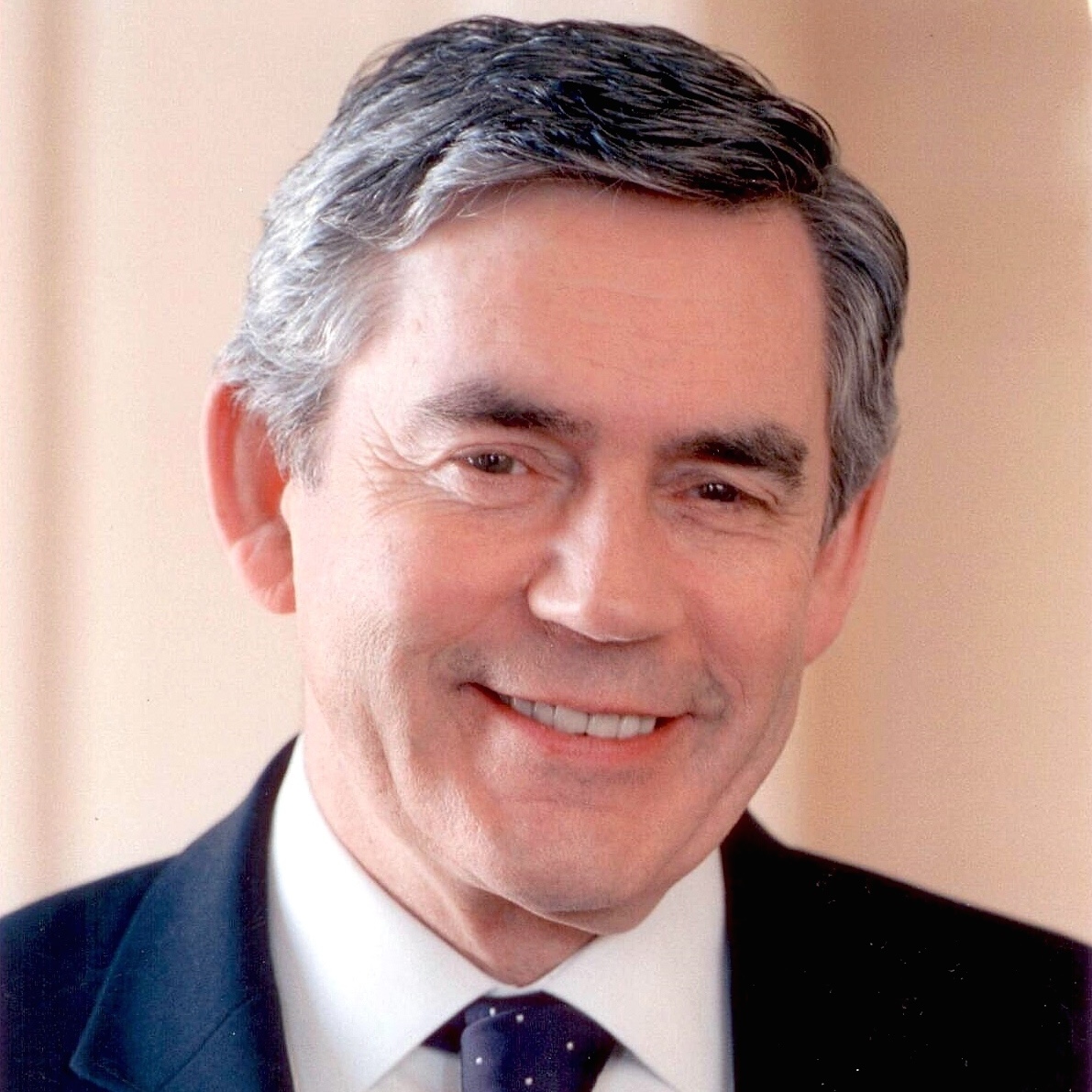The Impact World this Week: 14 June 2024
Your quick guide to the most interesting news snippets about social enterprise, impact investment and mission-driven business around the world from the Pioneers Post team. This week: race battle suspends US Fearless Fund’s activities, Australian unis continue to get top marks for impact, and more.
US: A venture capital fund that was accused of racial discrimination because it invests in Black women entrepreneurs has seen its activities suspended by a court in Miami. The move indicates that the Fearless Fund is expected to lose the lawsuit filed against it by right-wing nonprofit American Alliance for Equal Rights, which argued the firm was discriminatory on the basis of race. Jamie Broderick, board member of the UK’s Impact Investing Institute, wrote on Linkedin that “Whatever the legal and ideological complexities of these cases, it just seems downright mean-spirited to stop people from providing a small amount of supplemental assistance to groups that have been subjected to systemic discrimination and disadvantage for generations.”
Global: Australian universities are among top performers when it comes to impact, the 2024 Times Higher Education university impact rankings reveal. The ranking assesses universities against their performance in each of the UN SDGs, to produce a list of the most impactful educational institutions around the world. Coming first for the third year running is Western Sydney University, with outstanding scores on SDG 15 (Life on land), SDG 12 (Responsible consumption and production) and SDG 17 (Partnerships for the goals). University of Tasmania and RMIT University, both in Australia, also join the top of the list (achieving second and fifth respectively). The University of Manchester (UK) and Aalborg University (Denmark) complete the top five.
- Read about last year’s results: Australia’s Western Sydney University wins top spot again for social and environmental impact 2023
UK: Venture capital investors and social investment wholesalers have the highest proportion of staff educated at elite or Oxbridge universities, reveals fresh research entitled Socio-economic Diversity in Social Investment from Social Enterprise UK and the London School of Economics. On the other hand, social banks and community development finance institutions (CDFIs) are the least likely to have staff with elite educations. What’s more, privately educated social entrepreneurs are less likely to say there are suitable forms of finance available for their enterprises, compared with state educated social entrepreneurs.
 UK: “Meeting unmet needs while using unused resources is what makes a finance minister happy,” according to former UK chancellor and prime minister Gordon Brown, who this week threw his political weight behind the concept of social outcomes contracts. Brown was introducing research published by social investment wholesaler Better Society Capital about using social outcomes contracts to fund public services, Outcomes for All – Redefining Public Service Delivery. The analysis of using this type of funding across social issues including homelessness and children’s services showed that social outcomes contracts have generated nearly £9 of public value for every £1 spent, saving the taxpayer £507m. In May, Brown called for the UK government to launch a £1bn children’s social impact bond.
UK: “Meeting unmet needs while using unused resources is what makes a finance minister happy,” according to former UK chancellor and prime minister Gordon Brown, who this week threw his political weight behind the concept of social outcomes contracts. Brown was introducing research published by social investment wholesaler Better Society Capital about using social outcomes contracts to fund public services, Outcomes for All – Redefining Public Service Delivery. The analysis of using this type of funding across social issues including homelessness and children’s services showed that social outcomes contracts have generated nearly £9 of public value for every £1 spent, saving the taxpayer £507m. In May, Brown called for the UK government to launch a £1bn children’s social impact bond.
South America: Venture capital fund KPTL launched this week a new fund to support the bioeconomy in seven countries connected to the Amazon forest: Brazil, Ecuador, Bolivia, Peru, Colombia, Guyana and Suriname. The Amazonia Regenerate Accelerator and Investment Fund starts with US$11m will support early-stage businesses with potential to scale, aiming to create a sustainable economic development aligned with environmental preservation in the Amazon.



